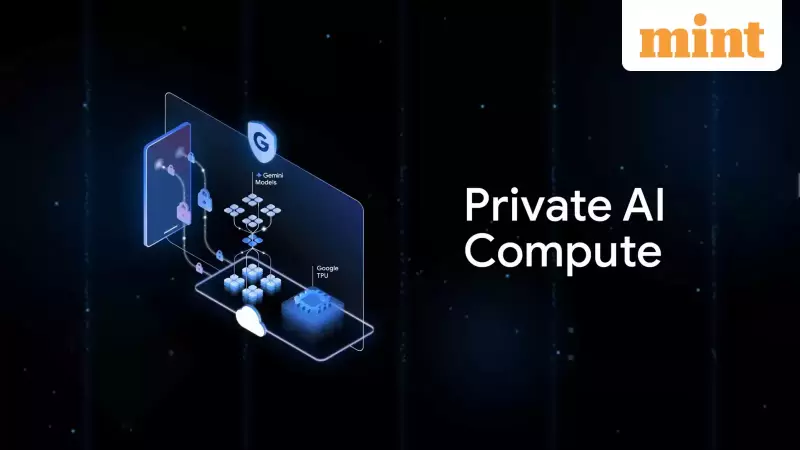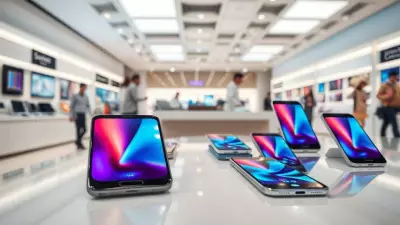
Google has taken a significant leap in artificial intelligence privacy with the introduction of Private AI Compute, a feature that directly competes with Apple's Private Cloud Compute approach. This groundbreaking technology aims to deliver the full capabilities of Gemini AI to users while maintaining strict privacy controls that ensure personal data remains accessible only to the user themselves.
What is Google's Private AI Compute?
In an official blog post announcement, Google explained that Private AI Compute represents the next evolution of their long-standing commitment to privacy-enhancing technologies. The company revealed it has been developing PETs for decades to improve various AI-related applications. This new platform combines Google's most advanced Gemini models from the cloud with security and privacy assurances that users typically expect from on-device processing.
Google emphasized that this development is part of their ongoing mission to deliver artificial intelligence with safety and responsibility at its core. The timing is crucial as AI models continue to evolve, requiring increasingly sophisticated reasoning capabilities and computational power that often exceeds what current devices can handle locally.
How Private AI Compute Protects Your Data
Google describes Private AI Compute as a "secure, fortified space" specifically designed for processing user data while maintaining complete isolation and privacy. This system handles the same type of sensitive information that users would normally expect to be processed directly on their devices, but with enhanced security measures.
The technology operates on Google's specialized infrastructure stack powered by their custom Tensor Processing Units (TPUs). What makes this particularly secure is the integration of Titanium Intelligence Enclaves (TIE), which brings world-class privacy and security directly into the architecture. This design allows Google AI features to leverage powerful Gemini models in the cloud while maintaining the same privacy standards users experience with established services like Gmail and Search.
Google makes a bold promise regarding data accessibility: sensitive information processed by Private AI Compute remains accessible exclusively to the user, with no access granted to anyone else, including Google itself. This represents a significant step forward in corporate transparency and user data protection.
Real-World Applications and Benefits
The practical benefits of Private AI Compute are already becoming evident in Google's product ecosystem. The company confirmed that the new infrastructure is enabling more helpful and timely suggestions through Magic Cue on Pixel 10 devices. Additionally, the Recorder app on Pixel smartphones can now summarize transcripts across a wider range of languages thanks to this enhanced processing capability.
This development comes as Google continues to run numerous AI-powered features including Translate, Audio Summaries, Magic Eraser, and Best Photo. As these tools become more sophisticated, the need for advanced cloud processing while maintaining privacy has become increasingly important. Private AI Compute addresses this challenge directly, allowing users to benefit from cutting-edge AI capabilities without compromising their personal data security.
The introduction of Private AI Compute positions Google as a serious competitor in the privacy-focused AI space, offering users an alternative that doesn't force them to choose between powerful artificial intelligence and robust data protection.






